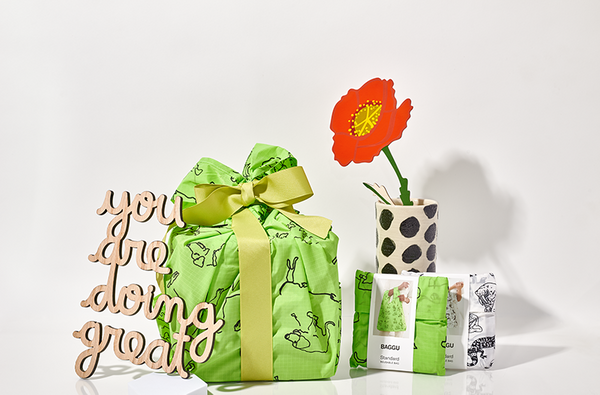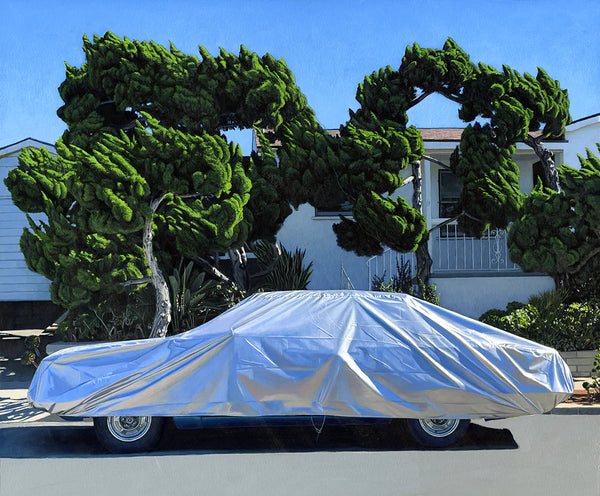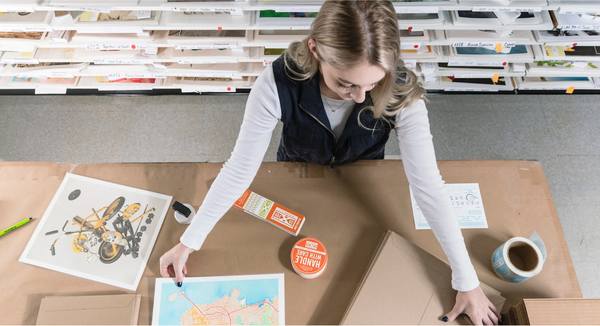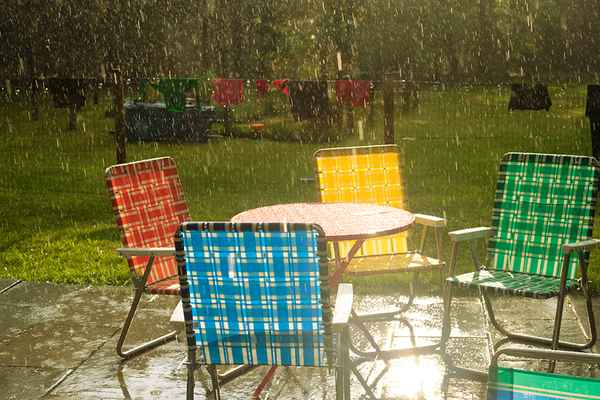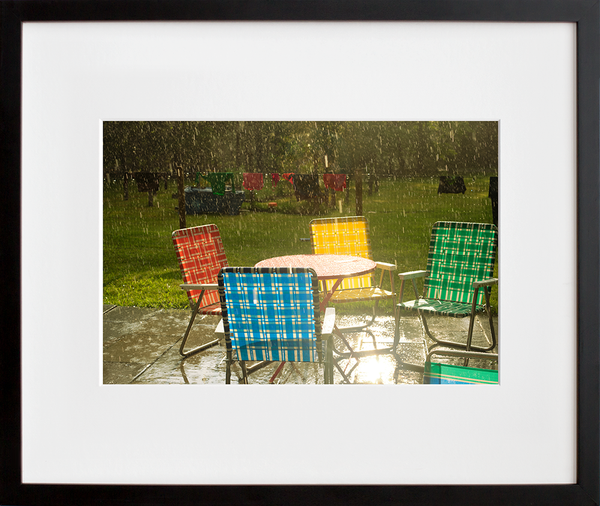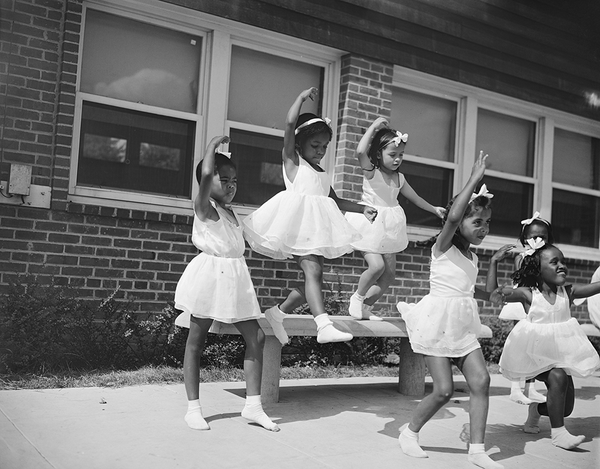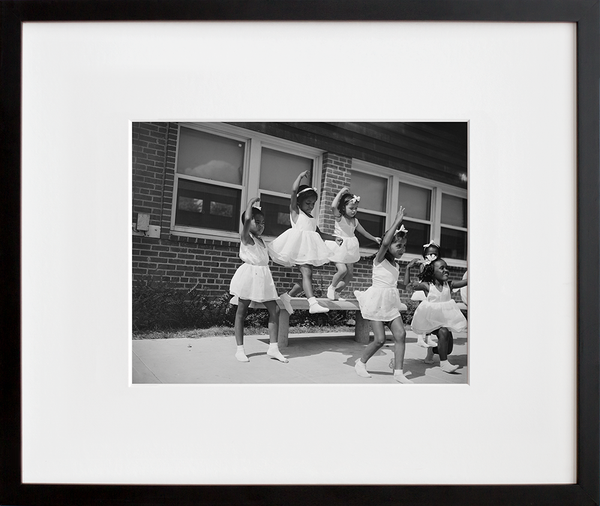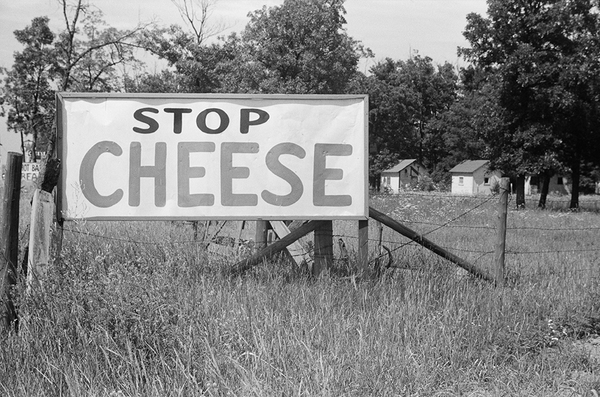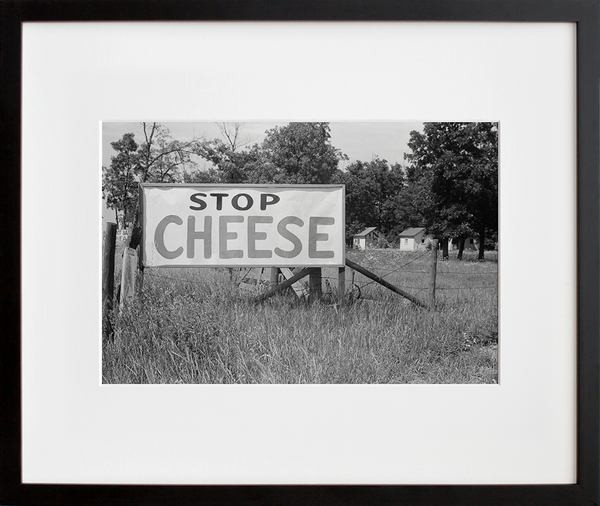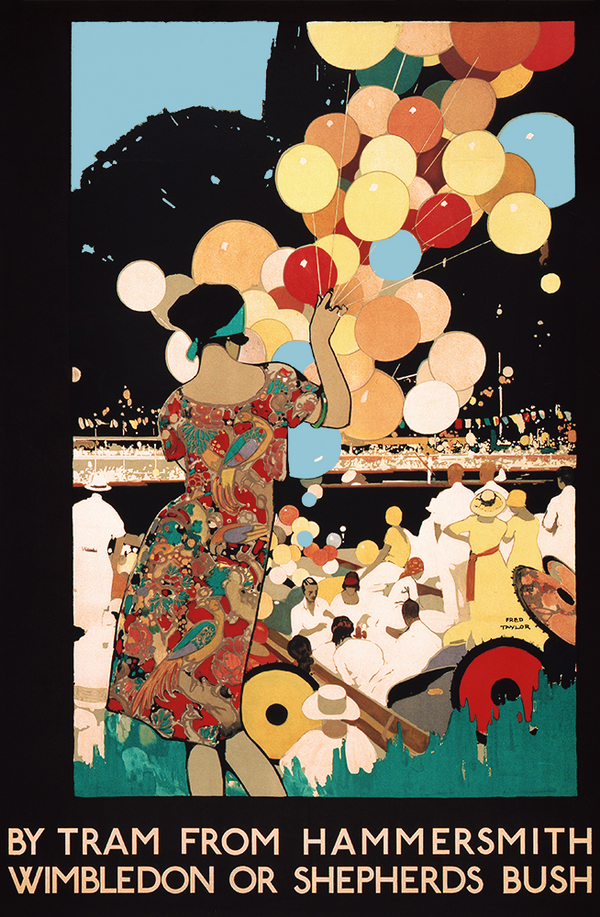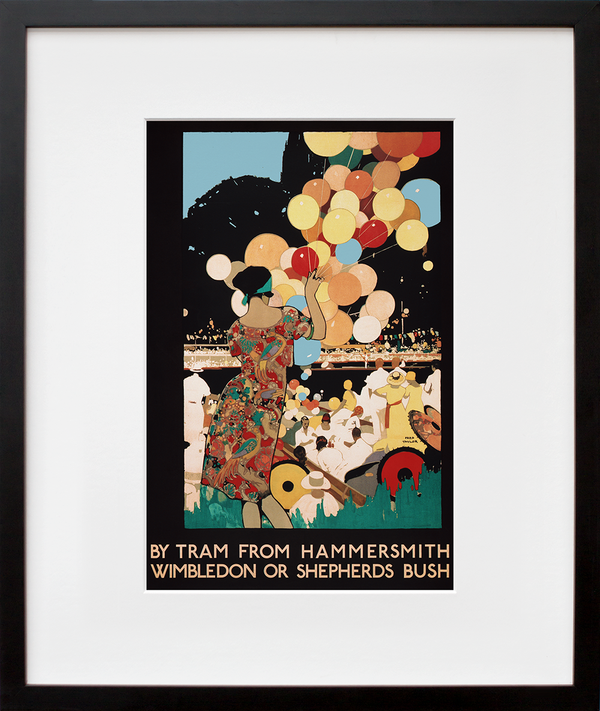
Food–don't waste it, a 20x200 Vintage Edition
10"x8" ($24) | 14"x11" ($60) | 20"x16" ($240) | 30"x24" ($800)
What’s old can sometimes feel remarkably new, and our latest Vintage Edition is a testament to that phenomenon. Though it dates back to 1917—over a century ago—Food–Don’t Waste It would be right at home at your neighborhood farmers market. It could illustrate a Michael Pollan book. Modern day sustainability advocates would totally approve. The message is simple: excess is the enemy, and conscientious consumption is key to collective victory.
Buy local, eat less meat, cut back on wheat, consider your portion sizes, cook more, eat nose-to-tail and root-to-tip—these concepts may seem contemporary, perhaps even faddish, but 100 years ago they were flag-waving, war-winning patriotism in action. Designed by Fred G. Cooper, this poster was one of many well-conceived campaigns churned out by the Advertising Section of the U.S. Food Administration during World War I. Emphasizing patriotism and promoting a spirit of volunteerism, all of the posters produced by this section attest to the government’s desire to organize the American populace for the preservation of food resources. They were created under the guidance of would-be president Herbert Hoover, then a well-known humanitarian, businessman and engineer. Hoover refused a salary for this position, setting an altruistic example he knew would give him the moral authority he needed in order to encourage the American people to sacrifice for the greater good.
Hoover and his administration trumpeted the slogan “Food Will Win the War”—and they weren’t exactly exaggerating. As the US entered a war-ravaged Europe in 1917, the role of American food production became increasingly crucial. With battle-torn farmland, fields out of commission, and trade routes obstructed across Europe, the Allies depended on food imports from the United States. Not only was Hoover responsible for feeding American forces abroad, but everyone else fighting against the Axis.
Posters like Food–Don’t Waste It vouched for voluntary, scientific substitution instead of obligatory rationing—and it worked! Domestic food production increased even as farmers went off to war, and shipments to troops abroad grew threefold. Hoover understood the impact of reducing consumption of certain staples, and how to foster a participatory feeling in Americans at home. He spearheaded the original “Meatless Mondays” and even “Wheatless Wednesdays”.
Of course, some of the success of this project is directly attributable to the Advertising Section’s propaganda prowess. The evolving ad industry worked with talented printmakers and artists to create a rich collection of posters like today’s edition. Beyond its pointed, tactful messaging, Food–Don’t Waste It is also an example of savvy early 20th century typography. The curvy lowercase lithographic letters are easy-going and amiable. They endorse thoughtful food practices without reproach. Though the phrases are straightforward directives and the colors bold red and black, the font keeps things friendly—an important quality, we’d imagine, when avoiding the very real risk of rationing is your end goal.
In this culture of excess and overindulgence, it might be hard to imagine a time when Americans came together in support of personal sacrifice for public benefit. Looking a century back on Food–Don’t Waste It, the timing feels right to resurface this sentiment. The modern American food system is deeply flawed, and the disastrous effect on the environment is just the tip of the carrot top. How do we reconcile the fact that up to 40% of food in the US is never eaten, with the reality that one in eight Americans struggles to put food on the table? To combat this collectively, the idea of minimizing food waste endures, and—perhaps more importantly—the necessity for a sense of community and a unified front. We’ll take this edition as some art print inspiration to get our sh*t together.
With art for everyone,
Jen Bekman + Team 20x200

